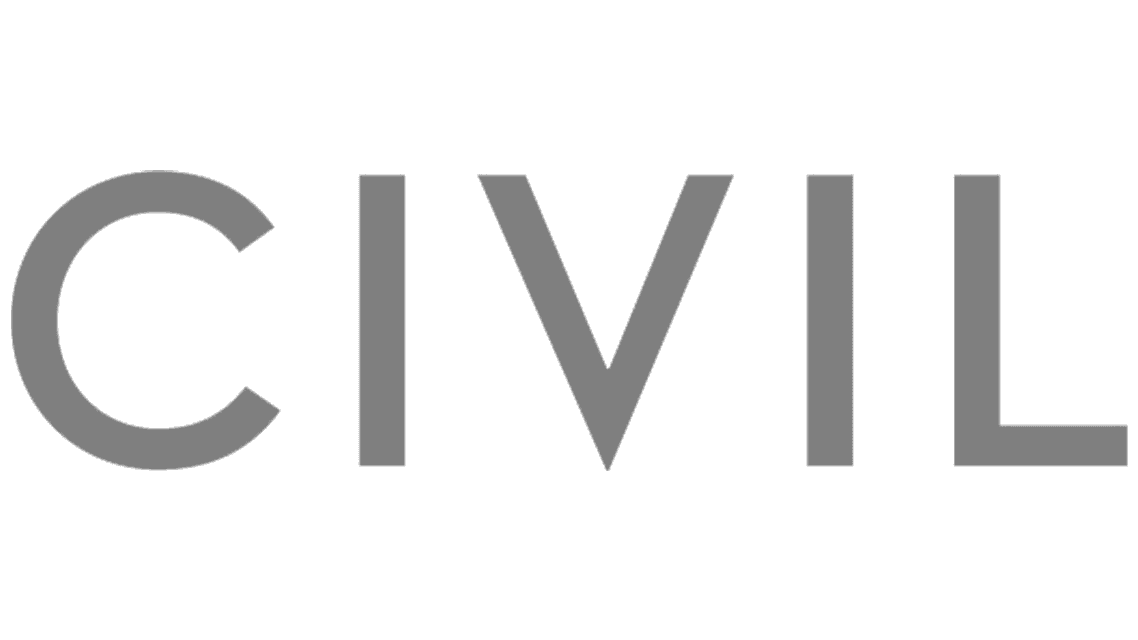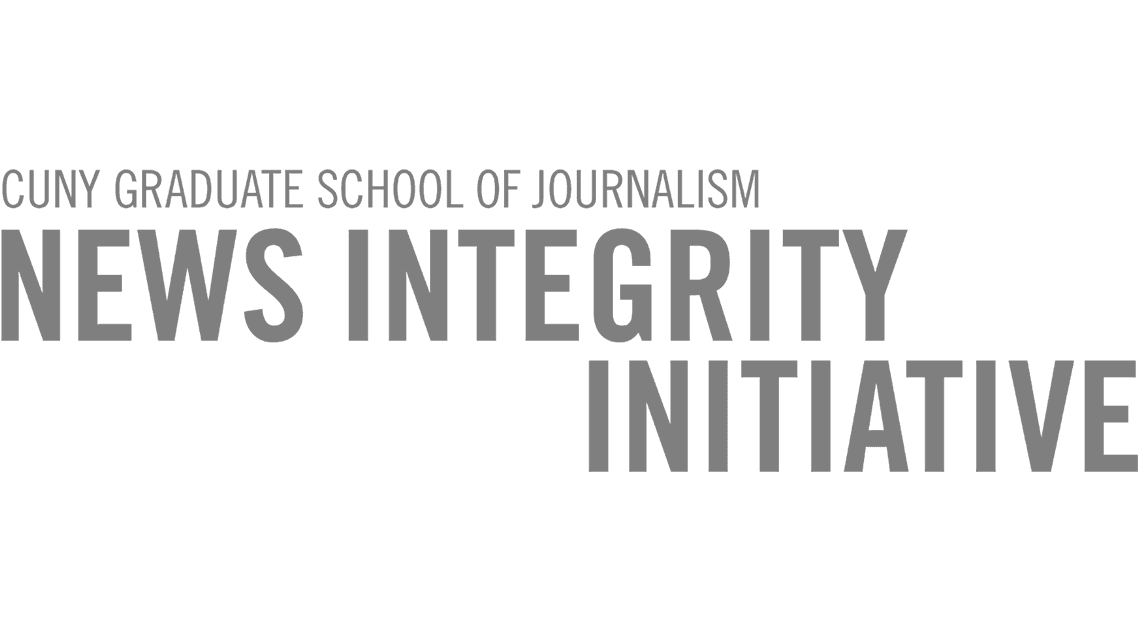
Case study
How Solomon trains Greek immigrants with the skills to tell their own stories
This case study was first published in Engagement Explained, a fortnightly newsletter that brings you in-depth and replicable engaged journalism case studies from news organisations across Europe. Sign up here to receive the next edition in your inbox.
In a nutshell
A series of free practical workshops that teach storytelling, photography and filmmaking to 12 locals over a period of four months, equipping them with the skills they need to tell their own stories.
Background
- Solomon is a Greek non-profit media that uses media for social inclusion and aims to promote independent media in the country.
- It was founded in 2016 after two friends (Fanis, who is Greek, and Nadir, an Afghan) decided to create a magazine that refugees and people born in Greece would collaborate in writing and publishing. They were joined by Nasruddin, another Afghan friend, a year later.
- The name is taken from the main character of The Elephant's Journey, a book by Portuguese author Jose Saramago about an elephant who walks across Europe.
- Solomon has three pillars: LAB (free practical workshops for locals), MAG (a monthly digital publication focusing on Greek policy and society) and CUE (paid-for client services including photography, filmmaking and fixing).
- It is currently funded by a grant from Open Society Foundations, plus some revenue from CUE clients including Airbnb and Toms. The team consists of 12 staff members and is based in Athens.
- In October 2018, Solomon was selected to receive funding and support from the Engaged Journalism Accelerator to expand its LAB programme.

How did they do it?
- Solomon had the idea to train people in 2017 after noticing that many volunteers on the magazine lacked the skills to express their ideas and cover topics they were interested in.
- The team launched a pilot of LAB on the fundamentals of journalism in January 2017 with funding from the Robert Bosch Foundation.
- A second LAB with 20 students took place in November 2017 with funding from Open Society Foundations' Migration and Inclusion Unit. It focused on photography and video.
- The team launched the third and most recent LAB series focusing on storytelling, photography and filmmaking with funding from the Accelerator. It started in December 2018 and concluded in March 2019 (more details here)
- Potential participants were asked to provide basic information (name, languages fluent in, the equipment they had access to) and to answer open-ended questions such as the topics they were interested in, what experiences they’ve had in other workshops and what they wanted to get out of LAB.
- Over 100 people applied with 25 shortlisted for interview by two members of the Solomon team. Priority on the course was given to non-professional photographers, filmmakers and journalists and, for practical reasons, people living in Athens. 12 people were selected for the LAB; six were born in Greece and six originated from Afghanistan, Italy, Iran and Syria.
- The workshops took place at Solomon’s offices in Athens on two evenings (Tuesday and Thursday) every week, between 5-8 pm.

- The course tutors were freelancers who specialise in writing, photographing or filmmaking and who have worked for the likes of BuzzFeed, CNN, Medecins Sans Frontieres and TA NEA. Sessions included security for journalists, organising and editing footage, filming indoors and pitching stories to editors. You can see the full list here.
- After each section of the course, students are asked to complete feedback forms on whether the course, among other things, was well-organised, and whether it improved their knowledge and met their expectations.
- At the end of the four-month LAB, students use the skills they’ve learnt during the LAB workshops to work on their own story over two months (this is taking place at the moment). Students are provided with a small stipend to help them purchase equipment or software they may need.
- Their stories will be published in the next edition of Solomon’s MAG in May and will coincide with an open event at Solomon’s office in Athens for the students to present their stories and get feedback from the community.
- Students will also be invited to apply for paid roles in the production of MAG (one was recently been hired as a translator and writer) and on commercial projects through CUE, their paid-for client services.
What did they learn?
- 12 students proved to be the right class size. Larger classes made it difficult for the tutor to give students sufficient feedback and hard for the students to get to know and support each other.
- The feedback from students at the end of LAB was positive. Most answered that they strongly agreed or agreed that the course was well-organised and that they learnt something. Several said they’d like printed handouts to take away with them, which the team will do for the next LAB.
- Pitching the LAB to the right audience is important. The team found that the students who applied either wanted to work for an NGO specialising in migration or in media and journalism and that those that were more media-focused turned out to be more engaged and motivated.
- Making changes to take advantage of the enthusiasm of the students was key. Several expressed interest in doing extra training beyond the twice-weekly classes. Konstadinos, the filmmaking facilitator, subsequently started hosting filmmaking walks on a Sunday to allow students to practice their skills.
- Picking the right tutor is key. Not every freelancer has the skills or motivation to run the workshop and those with experience of teaching are, unsurprisingly, better placed to help the students.
In their own words
Iliana Papangeli, LAB manager, Solomon
“LAB has been key to inspiring, challenging and motivating the participants to become more engaged in local community matters and create stories that have an impact on various social issues and phenomena."
How would you improve it?
"LAB shed light to the need of organising more offline events with the different communities in Athens. We cannot speak of engaged journalism if the community does not have the chance to take a seat around the same table and discuss whatever they feel it’s the most important for them and the media today.”
Now try it for yourself
- Investico (Netherlands) run an annual investigative journalism masterclass in which four or five participants work on a story for five months under the supervision of the editor-in-chief.
- Clydesider Magazine (UK) run workshops to equip their volunteers to tell their own stories. They also run training for external clients to bring in revenue.
- Voxe.org (France) run classes and debates to equip young people in schools and universities to have the tools to engage in political topics.
- Media Helping Media, a site now run by the Fojo Media Institute, has dozens of free modules on everything from media strategy to ethics.
Please make a contribution today
Your support will help us continue providing the kinds of opportunities journalists tell us they rely on
Would you like to have a direct conversation about making a donation? Please get in touch.



